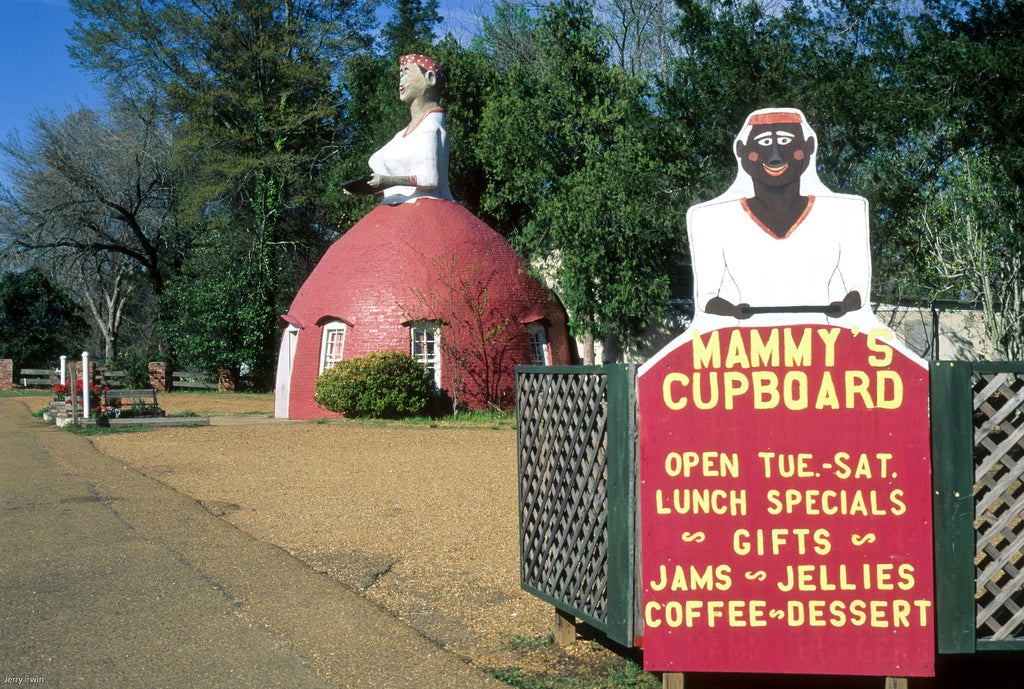Now the Trump admin is trying to cut the Office of Government Ethics off at the knees.
The Trump administration, in a significant escalation of its clash with the government’s top ethics watchdog, has moved to block an effort to disclose any ethics waivers granted to former lobbyists who now work in the White House or federal agencies.
The latest conflict came in recent days when the White House, in a highly unusual move, sent a letter to Walter M. Shaub Jr., the head of the Office of Government Ethics, asking him to withdraw a request he had sent to every federal agency for copies of the waivers. In the letter, the administration challenged his legal authority to demand the information.
Dozens of former lobbyists and industry lawyers are working in the Trump administration, which has hired them at a much higher rate than the previous administration. Keeping the waivers confidential would make it impossible to know whether any such officials are violating federal ethics rules or have been given a pass to ignore them.
Typical Trump in its brazenness. Dear Mr Shaub, please stop trying to make sure we don’t violate ethics rules all over the place, thanks, Donnie.
Shaub says he has no intention of complying with that outrageous demand.
“It is an extraordinary thing,” Mr. Shaub said of the White House request. “I have never seen anything like it.”
It’s called “draining the swamp.”
Marilyn L. Glynn, who served as general counsel and acting director of the agency during the George W. Bush administration, called the move by the Trump White House “unprecedented and extremely troubling.”
“It challenges the very authority of the director of the agency and his ability to carry out the functions of the office,” she said.
The OMB said no you are.
President Trump signed an executive order in late January — echoing language first endorsed by Mr. Obama — that prohibited lobbyists and lawyers hired as political appointees from working for two years on “particular” government matters that involved their former clients. In the case of former lobbyists, they could not work on the same regulatory issues they had been involved in.
Both reserved the right to issue waivers, but in a rather different manner.
Mr. Obama, unlike Mr. Trump, automatically made any such waivers public, offering detailed explanations. The exceptions were typically granted for people with special skills, or when the overlap between the new federal work and a prior job was minor.
Ms. Glynn, who worked in the office of government ethics for nearly two decades, said she had never heard of a move by any previous White House to block a request like Mr. Shaub’s. She recalled how the Bush White House had intervened with a federal agency during her tenure to get information that she needed.
Trump has his eye on history. He wants to outdo all his predecessors in brazen corruption and self-dealing.
Norman Eisen, the top White House ethics lawyer in the first years of the Obama administration, said he believed that the Trump administration was trying to intimidate federal ethics officers, who are career appointees, without actually ordering them to ignore the directive from the ethics chief.
“It is yet another demonstration of disrespect for the rule of law and for ethics and transparency coming from the White House,” Mr. Eisen said.
It’s yet another truckload of slime.




